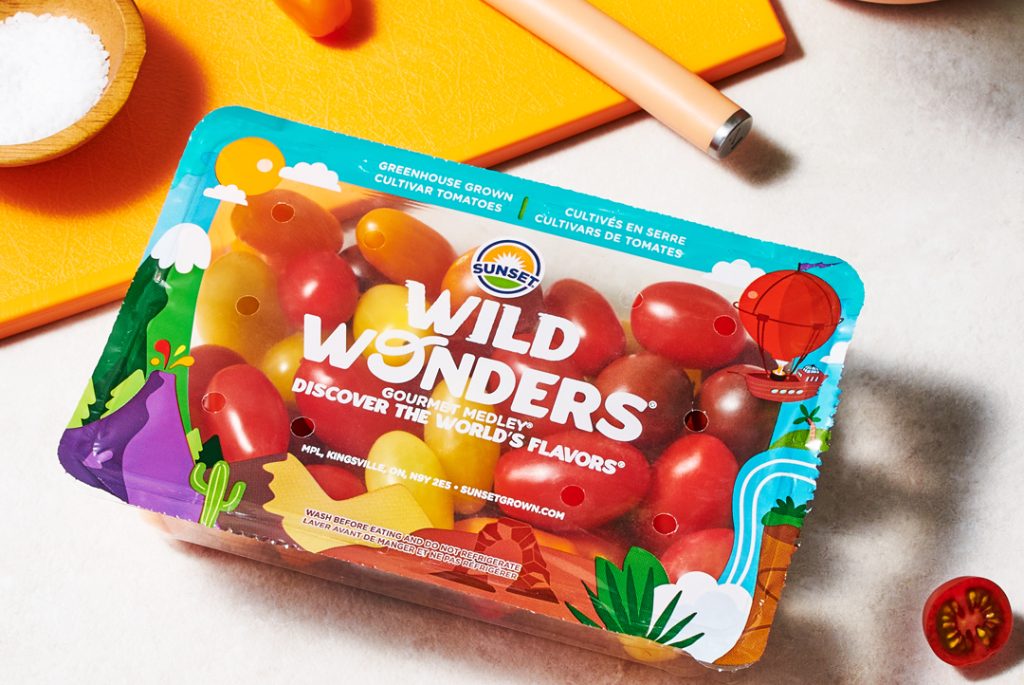Mastronardi Produce, the Canada-based fruit-and-veg supplier, has added two former AppHarvest facilities to its network.
Indoor-farming business AppHarvest entered Chapter 11 bankruptcy proceedings earlier this year.
AppHarvest ran four farms in Kentucky, growing tomatoes, strawberries, cucumbers and leafy greens in a controlled indoor environment under glass.
The company posted a net loss of $176.6m in 2022, compared to a loss of $166.2m in the prior 12 months. Law firm Sidney, which led the Chapter 11 cases for AppHarvest, said the company had more than $300m in funded debt and lease obligations.
Equilibrium Capital bought two sites – located in Richmond and Morehead in Kentucky – and has separately leased each site to a Mastronardi tenant operator.
Mastronardi Produce, a distribution partner of AppHarvest, said the deals mark its entry into the state.
“We are very proud to keep the Morehead and Richmond facilities online and to grow with the teams there,” president and CEO Paul Mastronardi said.
At the time AppHarvest applied for Chapter 11, it said it planned to sell the Berea facility to Mastronardi Produce for around $3.8m.
Mastronardi Produce grows and markets products under the Sunset brand. Its range includes tomatoes, peppers, cucumbers, and berries.
In the year to 31 December, AppHarvest posted sales of $14.6m, up 60% from the previous 12 months. Nevertheless, adjusted EBITDA remained in the red at $72m, versus a corresponding loss of $69.9m. The company said when the results were announced in March it had cash and cash equivalents of $54.3m.
AppHarvest went public in 2021 via a merger with Nasdaq-listed special purpose acquisition company (SPAC) Novus Capital. In June, AppHarvest revealed it planned to raise $40m through a sale of additional shares, culminating in the successful raise of $46m.
The plight of AppHarvest is indicative of the challenges in controlled indoor farming, which is capital intensive, requiring significant investment and scale. Many players in the industry are yet to turn a profit and some companies have already succumbed by going out of business.
Eider in the UK, Upward Farms in New York, Netherlands-based Future Crops and France’s Agricool have all gone to the wall.
Infarm, meanwhile, an indoor-farming business set up in Germany in 2013, has undergone restructuring by trimming the markets in which it operates and cutting hundreds of jobs. It has also relocated operations to the UK from Berlin.









